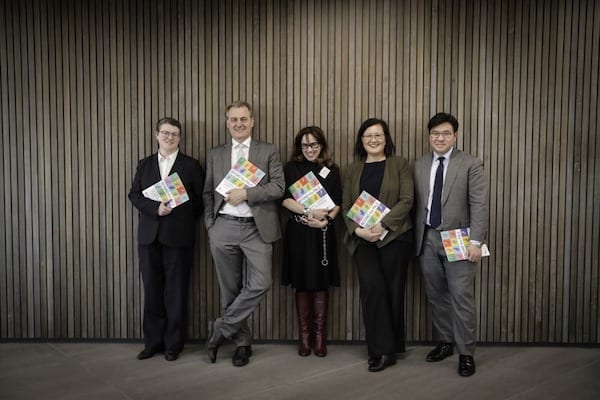That’s according to new research by the University of Sydney Business School this week, launched by Race Discrimination Commissioner Tim Soutphommasane.
The report is based on in-depth interviews with non-executive directors as well as executive recruitment firms.
“Our interviewees made it clear that in order to get somewhere, you needed to keep your head down, speak with an Australian accent and belong to a matey club,” said report author Associate Professor Dimitria Groutsis.
Groutsis said that their research reflects similar recent research that has found more than 90 per cent of senior executives and CEOs in Australia have Anglo-Celtic or European backgrounds. Just 4.7 per cent of those holding one of Australia’s top 2490 leadership positions have a non-European background and only 0.4 per cent have an Indigenous background.
“Board members are overwhelmingly Anglo-Celtic men, who are drawn from male dominated business networks,” said Groutsis.
A number of unnamed non-Anglo board members quoted in the report commented on the frustrations they feel. One said she’s tired of being asked for recipes, rather than being listened to. Another said that “traditional male leadership traits” are what’s required to reach the next level.
Soutphommasane has used the report to call on the leadership of organsiations to do more on cultural diversity.
“This research will guide the action leaders need to take, including the collection of better data on cultural diversity and targets for board appointments based on cultural diversity.”
He said we need to see more role models for diverse leadership in Australia. “Until people can start seeing themselves represented in institutions including at the board level, we’re not going to see the kind of change we should be seeing.”
In a recent speech at the University of Sydney, Soutphommasane also warned against “racial hysteria being fanned by politicians and sections of the media.”
“Those of us who are committed to diversity and multiculturalism must not be silent in these debates. There is a need for friends of diversity and multiculturalism to speak up,” he said
“Let’s be clear: Australia’s model of multiculturalism is a success. We can be proud of our multiculturalism. We should not be talking down Australian multiculturalism, or be sowing the seeds of cultural distrust.
“When some warn that our multiculturalism is fraying or failing, we must ask: where is the evidence? Quite simply, there is no compelling evidence to show we are heading down the path of ethnic separatism.
“The evidence in fact tells us we are faring remarkably well.”


